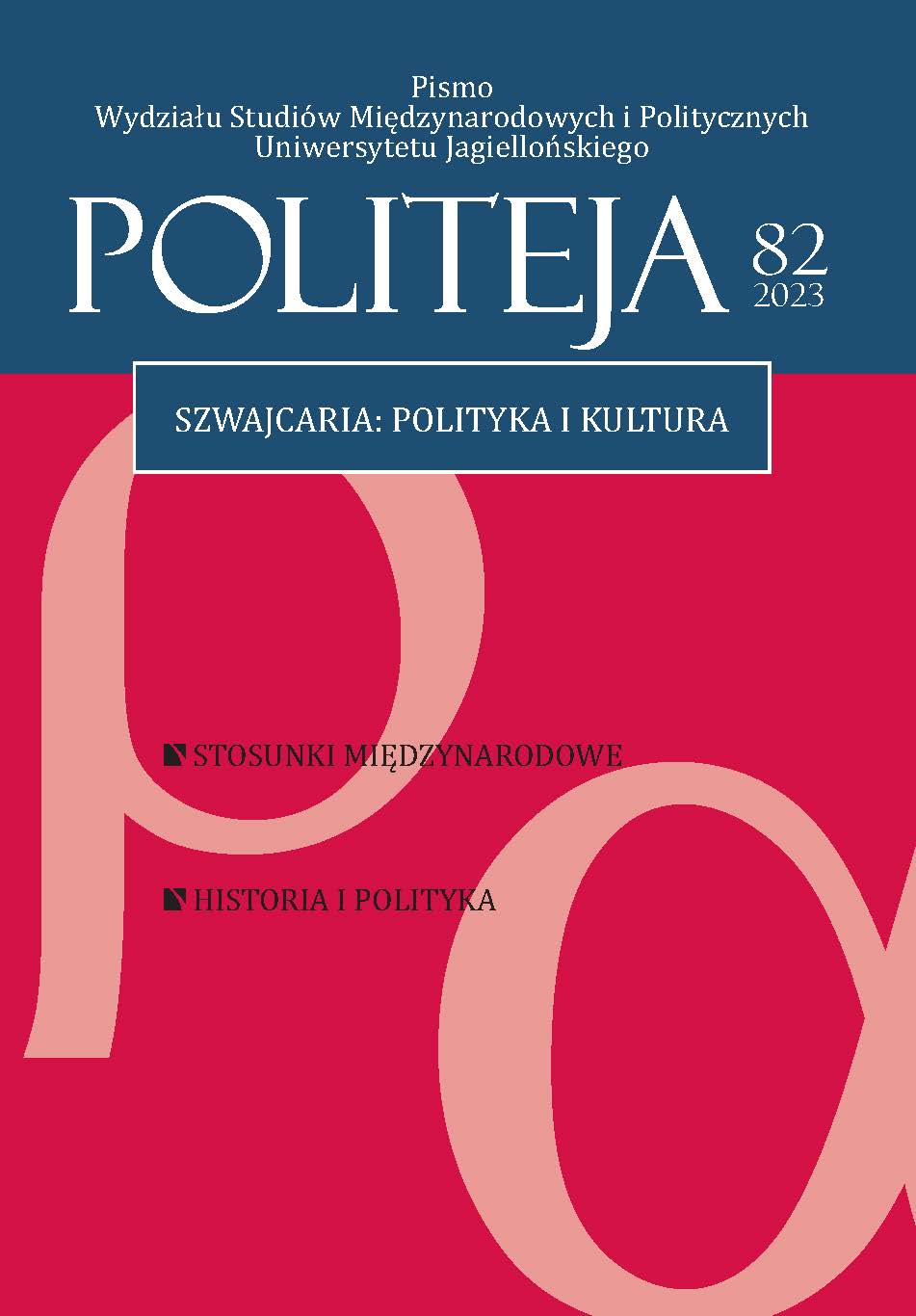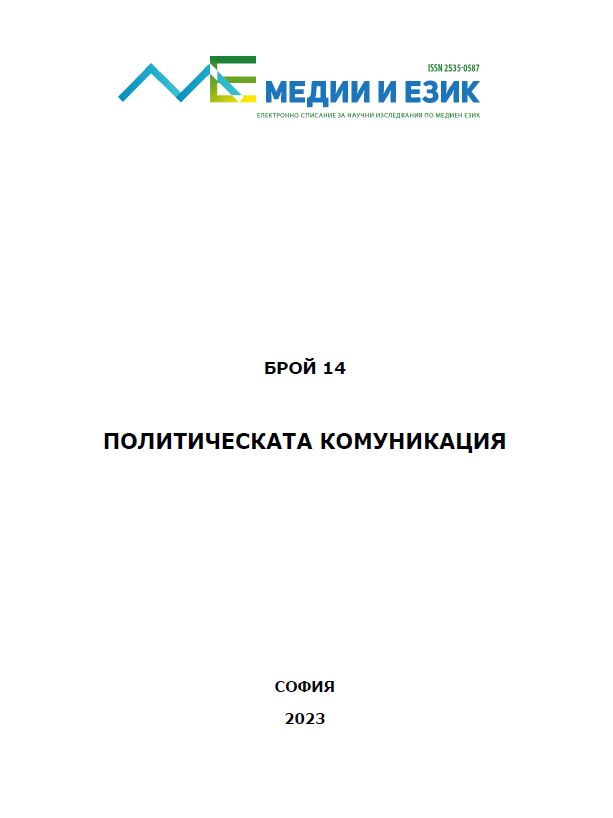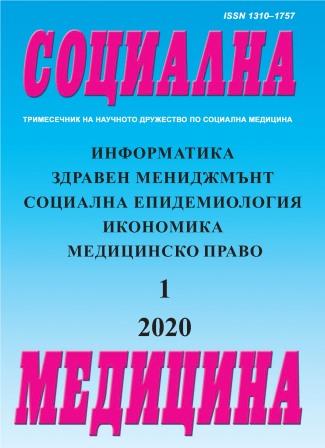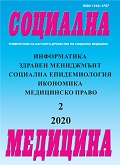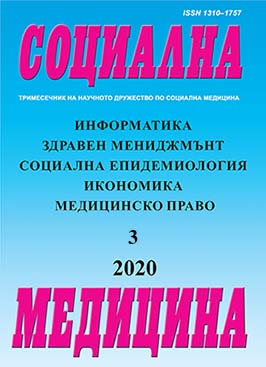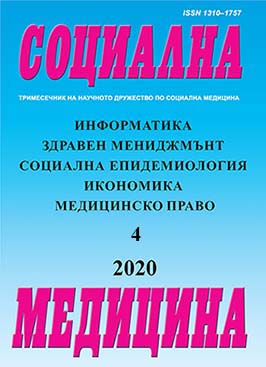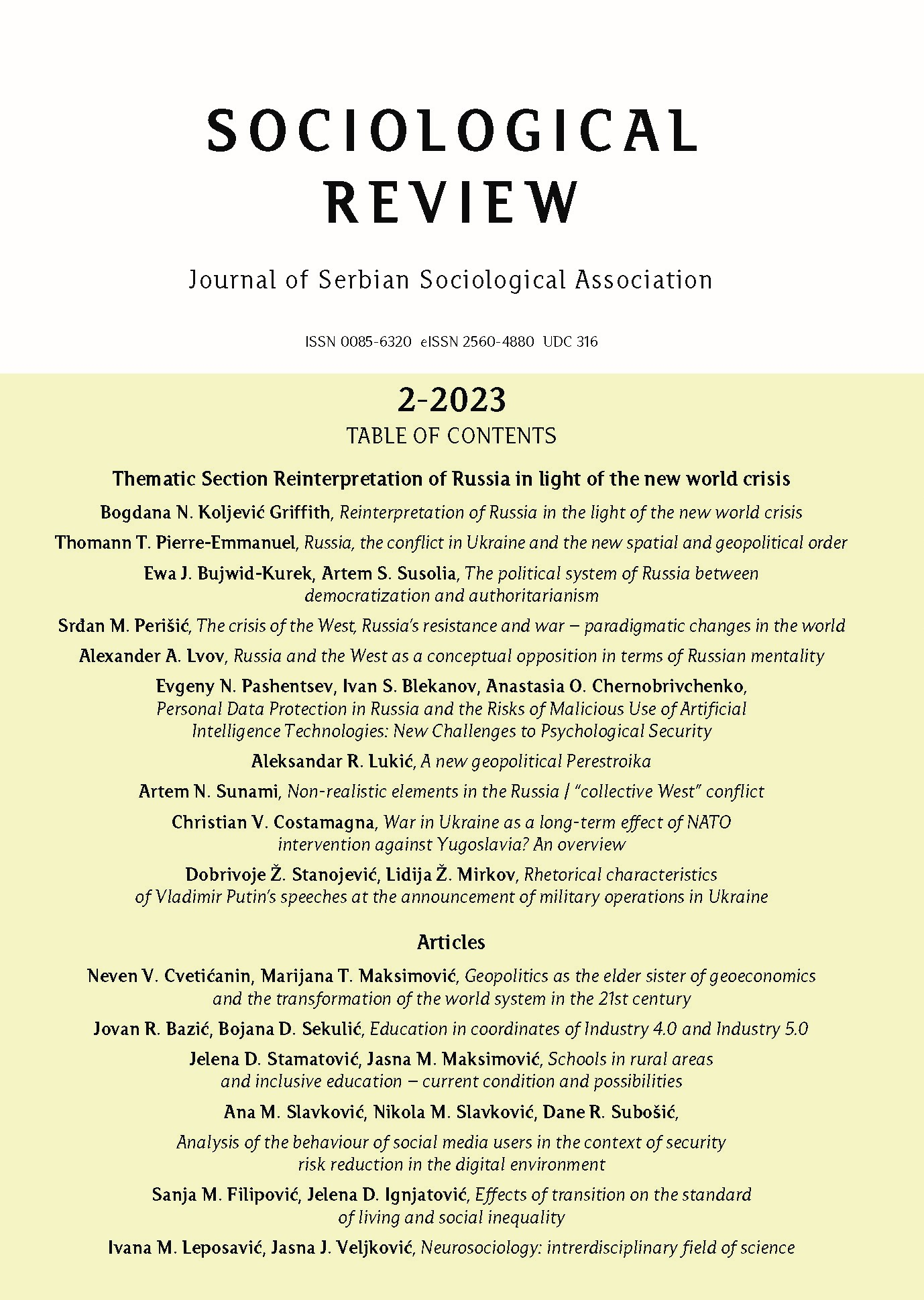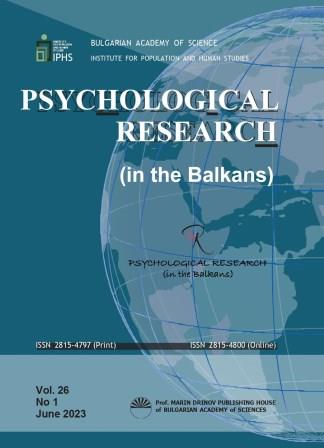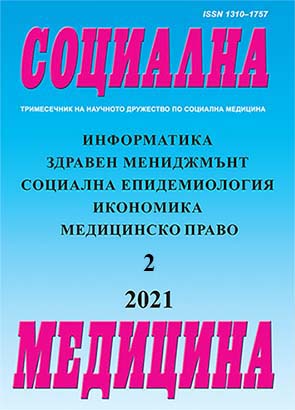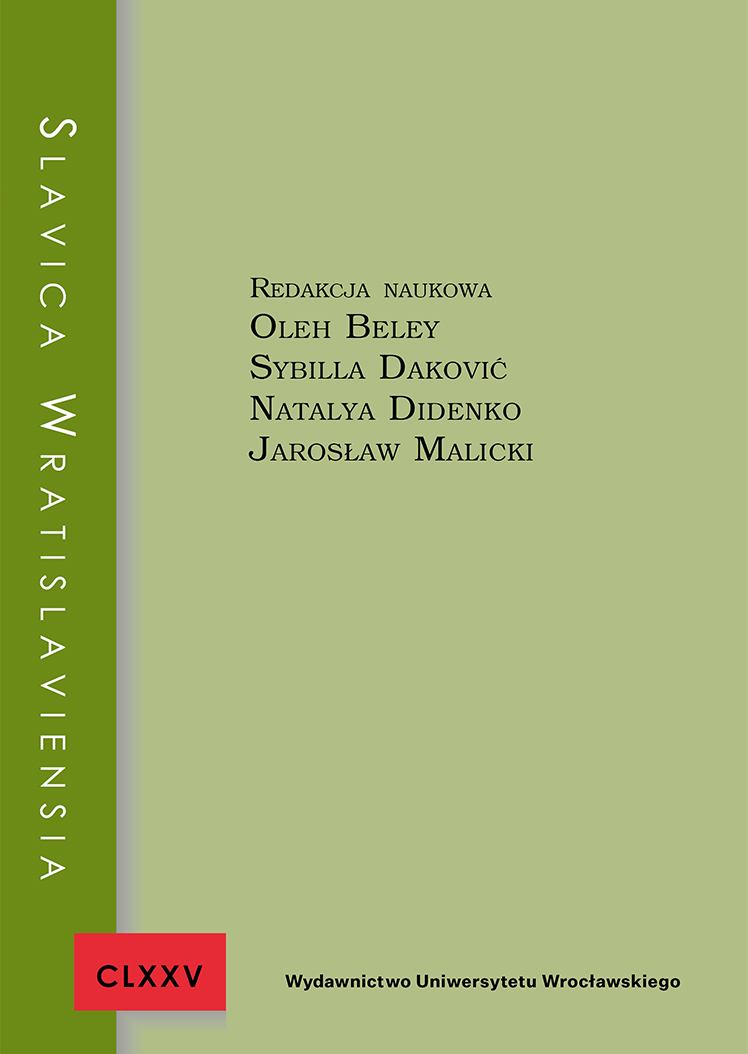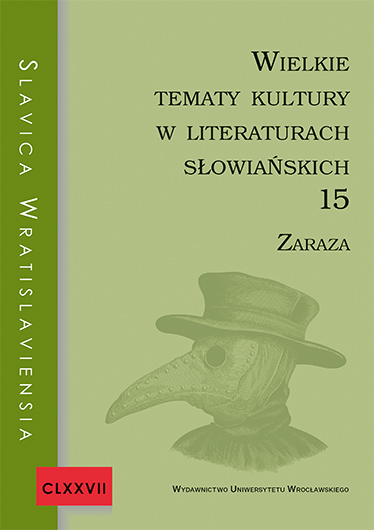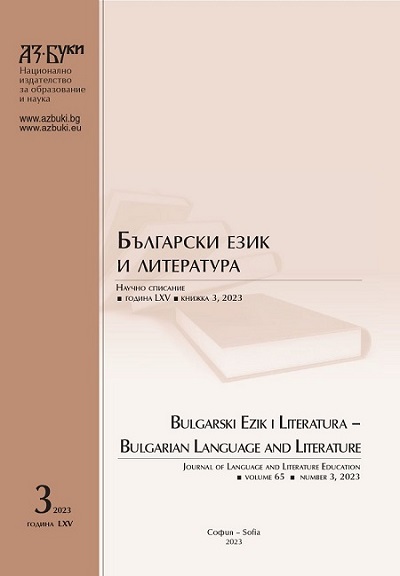
Формирането на стратегийна компетентност в обучението по български език и литература в I – IV клас като предпоставка за успешна социализация
The problem of the formation of strategic competence in the context of Bulgarian language and literature learning – teaching is interpreted in the article. The main focus is on the choice of adequate communicative strategies in speech communication. The role of the teacher as a facilitator in the reception and processing of literary and linguistic information is clarified. The importance of the formation of the strategic competence of primary pupils as a prerequisite for their successful socialization is underlined.
More...
